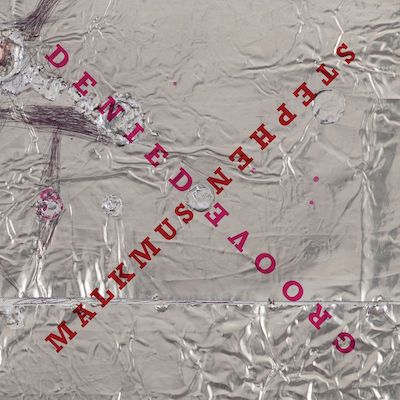
Secret Meeting score: 81
by Philip Moss
Even before last year’s excellent Sparkle Hard was released, rumours were rife about an electronica album that Stephen Malkmus had recorded in his basement, but that his longtime label, Matador, had rejected. Long time fans wondered whether the said long player would ever make its way off Malkmus’ laptop. But, just ten months on, it has now found its way into record shops across the globe.
Opener, Belziger Faceplant, is mostly instrumental and splutters and splurts as schizophrenic drum machines, spiky synths and what sounds like police sirens introduce entirely new sounds to the former Pavement man’s palette. With no shortage of resemblance to large portions of John Grant’s Grey Tickles, Black Pleasure, the groove is most certainly not denied, but borders on danceable. A Bit Wilder is more conventional in structure, but follows a similar path with harsh keyboards and a lurching poly bass line lifted straight from The Cure. But, by the time Viktor Borgia and the psych-fuzz of Come Get Me come along, it’s almost back to business as usual – both are brimming with melody and would have fit snuggly onto last year’s Sparkle Hard.
Pieced together entirely by Malkmus using the recording software, Ableton Live, Groove Denied is his first collection, since 2001’s self titled debut, released sans The Jicks: in simple terms, the first solo record of his solo career. Forget Your Place closes the A-Side with synth drones and twisted sprechgesang and is the most downbeat, introspective moment here – perhaps feeling most removed from the work associated with his long term band.
Despite the electronica billing, the second side is mostly business as usual for the Portland-based songwriter. Rushing the Acid Frat is classic Malkmus, with its standard arrangements merely mimicking his backing band. Bossviscerate is acoustic guitar-based, but for a smattering of undistracting electro-drums. And by the time the record’s wonderful final pairing, Ocean of Revenge and Grown Nothing, come along (the latter being as good anything SM has written in the last twenty years), the electronic moments that opened the LP seem like a distant memory.
So, in truth, to bill this as an electronica album is rather silly. It has its moments, but no more than that. However, the overarching question is why were Matador so opposed to its release a year ago? This is another fine entry to the Malkmus’ canon and there’s more than enough here for longtime fans to enjoy.





